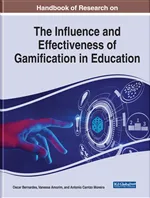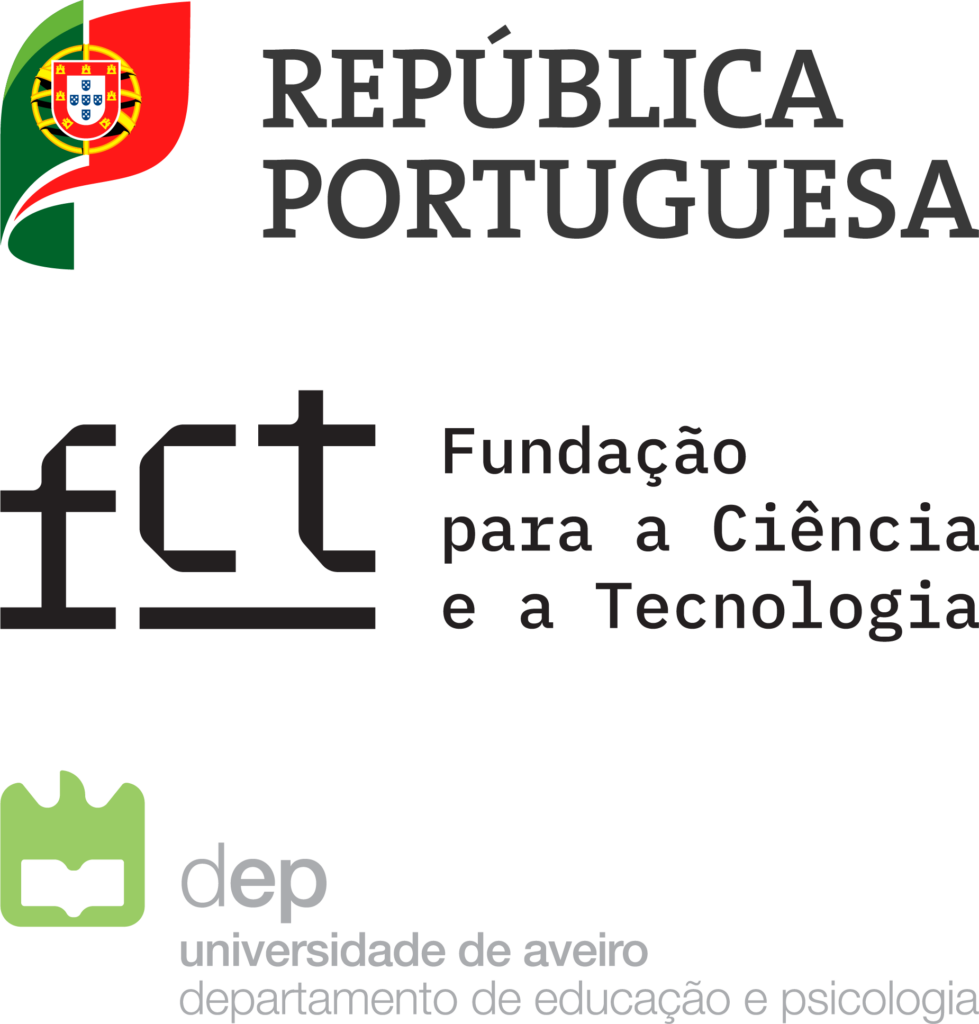Fernando S. C. Pimentel, Daniel A. M. de Barros, Janaina M. da Silva, Emerson M. P. da Silva & Margarida M. Marques (CIDTFF) | In Handbook of Research on the Influence and Effectiveness of Gamification in Education, pp. 108-129
Abstract
This chapter presents quantitative research that analyzes gamification’s effectiveness in a distance learning mathematics undergraduate course. First, the growth of the culture of digital games and the development of gamification from a methodological perspective were discussed. Then, the fundamentals regarding gamification in distance education are presented. Methodologically, the research followed the research steps done by Rahman, Ahmad, and Hashim with some adaptations are indicated in this chapter. The data collection instrument used for this investigation consisted of a questionnaire for 37 students. The research data suggest that gamification promoted students’ engagement with learning. It is concluded that the categories presented in the study indicate that students perceive gamification as an alternative to create more dynamic classes and promote learning.
– – – – –
Referência:
Pimentel, F. S., de Barros, D. A., Silva, J. M., Silva, E. M., & Marques, M. M. (2022). The Efficacy of Gamification for the Involvement of Students in Distance Education. In O. Bernardes, V. Amorim, & A. Moreira (Eds.), Handbook of Research on the Influence and Effectiveness of Gamification in Education (pp. 108-129). IGI Global. https://doi.org/10.4018/978-1-6684-4287-6.ch006





